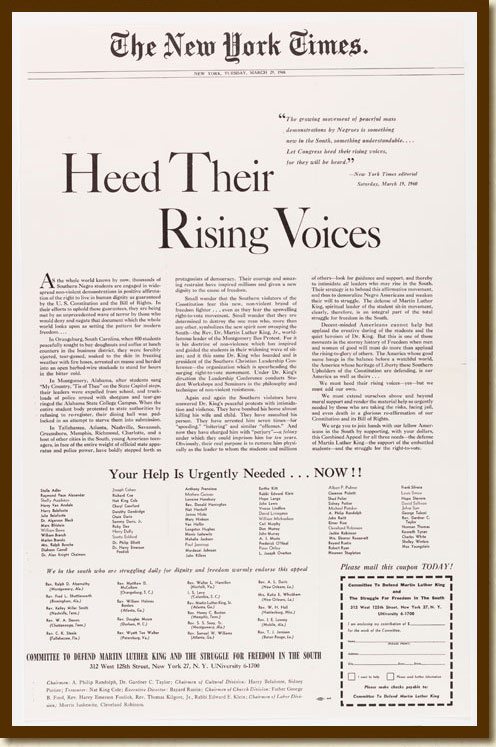In a revealing interview with Adam Liptak, Justice Stevens is asked about the scope of his Amendment to the First Amendment. His answer suggests that Congress could prohibit banning the publication of a book (perhaps within 60 days of an election).
His Amendment provides:
Neither the First Amendment nor any other provision of this Constitution shall be construed to prohibit the Congress or any state from imposing reasonable limits on the amount of money that candidates for public office, or their supporters, may spend in election campaigns.
The breadth of this Amendment is staggering. Adam asks Justice Stevens about it.
I asked whether the amendment would allow the government to prohibit newspapers from spending money to publish editorials endorsing candidates.
If the answer is anything but “No,” then there are serious problems with the Amendment. What was striking is that Justice Stevens did not have an answer at the ready. He had to think about it.
He stared at the text of his proposed amendment for a little while. “The ‘reasonable’ would apply there,” he said, “or might well be construed to apply there.”
 Perhaps we could change the fact pattern a bit, and consider whether a newspaper could be prohibited from accepting a paid advertisement endorsing certain political changes. Justice Stevens would seem to answer this question with a “Maybe.” That is really troubling, because these are the *exact* facts of New York Times v. Sullivan, which just celebrated its 50th anniversary. What if the “Heed Their Rising Voices” advertisement had called for the election of anti-segregationists in Alabama, instead of soliciting donations for civil rights organizations. Would Justice Stevens truly be okay with his Amendment permitting Congress to ban it?
Perhaps we could change the fact pattern a bit, and consider whether a newspaper could be prohibited from accepting a paid advertisement endorsing certain political changes. Justice Stevens would seem to answer this question with a “Maybe.” That is really troubling, because these are the *exact* facts of New York Times v. Sullivan, which just celebrated its 50th anniversary. What if the “Heed Their Rising Voices” advertisement had called for the election of anti-segregationists in Alabama, instead of soliciting donations for civil rights organizations. Would Justice Stevens truly be okay with his Amendment permitting Congress to ban it?
It gets worse. Adam asks about whether the Amendment would permit Congress to ban books promoting the election of a certain candidate.
Or perhaps not. His tentative answer called to mind an exchange at the first Citizens United argument, when a government lawyer told the court that Congress could in theory ban books urging the election of political candidates.
Justice Stevens said he would not go that far.
“Perhaps you could put a limit on the times of publication or something,” he said. “You certainly couldn’t totally prohibit writing a book.”
Under the John Paul Stevens approach to free speech, Congress can ban books, maybe 60 days before an election cycle.
I was also struck by one other aspect of Adam’s interview:
But there was a hint of anger in some of his remarks when I went to see him last week in his Supreme Court chambers.
Stevens has long seemed to even-tempered and cool, but I discern a sense of frustration, and disappointment in himself. During his interview on This Week, he seemed to blame himself for not doing enough.
Stevens: Well, it’s awfully hard. It’s a series of individual important events. Some are terribly disappointing and some are gratifying. You mix them altogether, it’s really hard to pass judgment on the entirety, but I did the best I could. I didn’t do well enough on many occasions.
Based on my uninformed perception, he feels like he did not accomplish what he sought to during 34 years on the bench, and is frustrated now that he cannot continue building that legacy. That’s really sad.